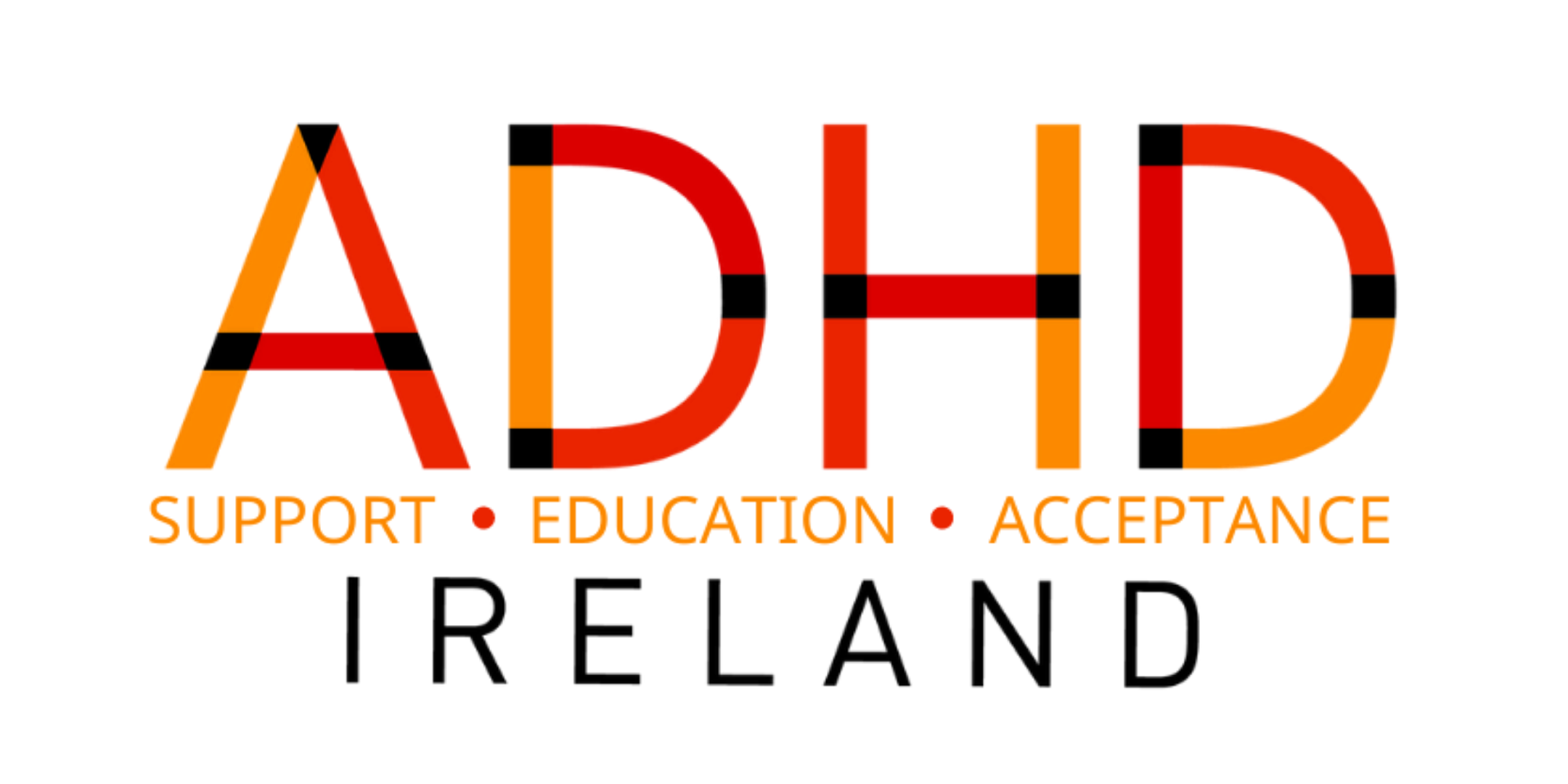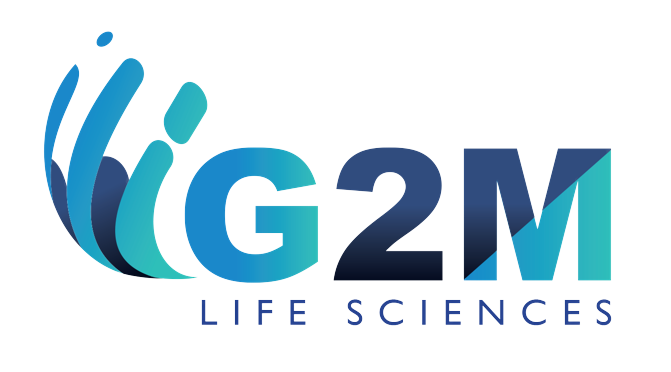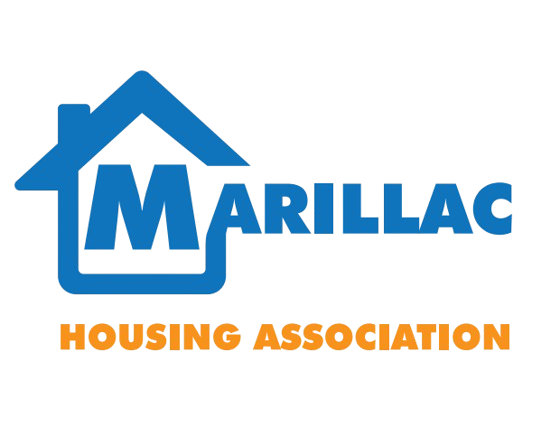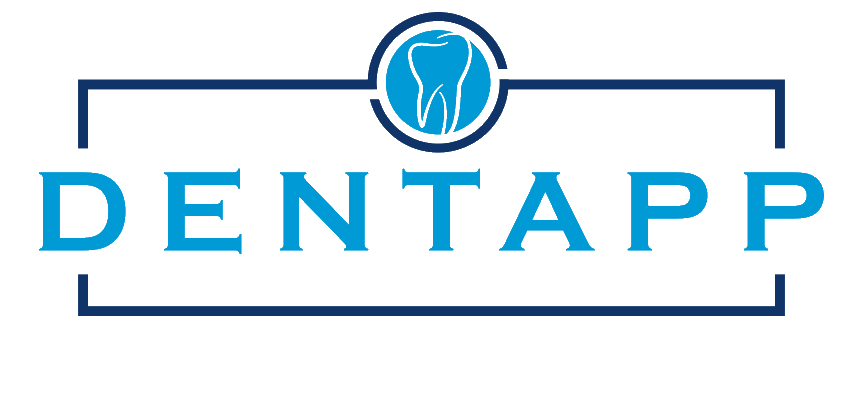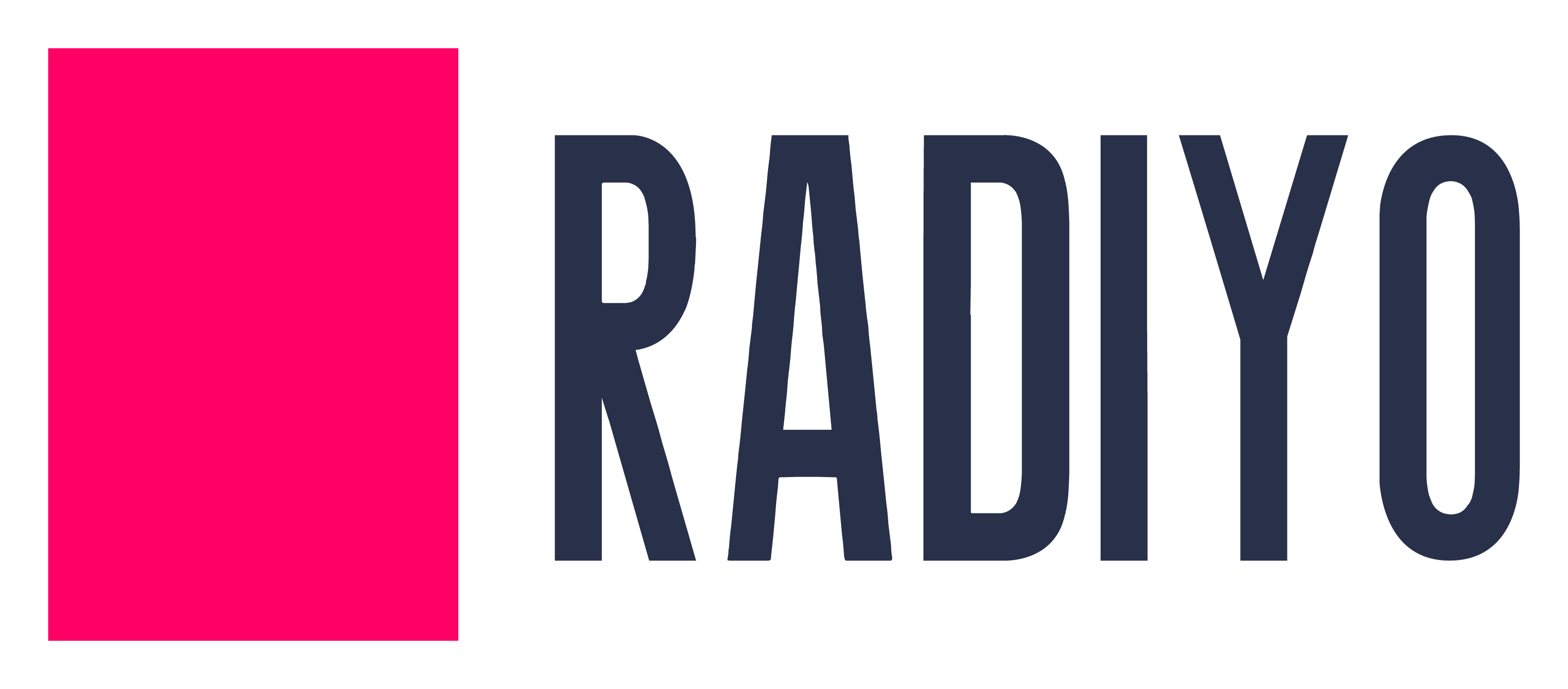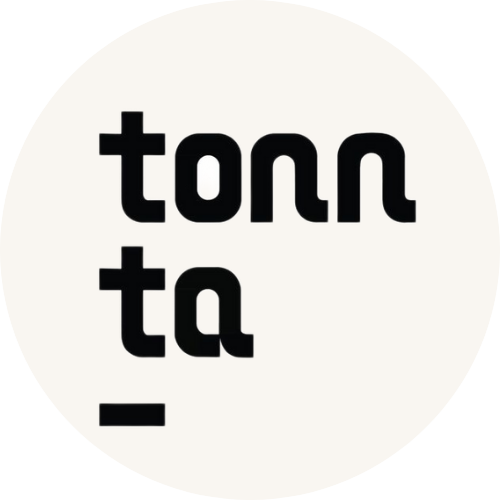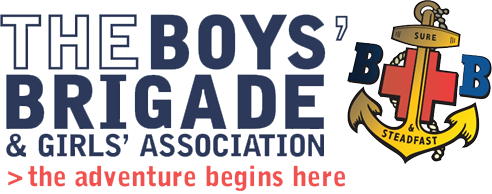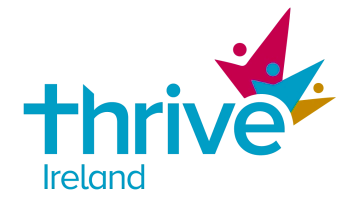What is PAYE (Pay As You Earn)?
PAYE stands for ‘Pay As You Earn’ and is the system used in Ireland for collecting income tax, social insurance (PRSI) and universal social charge (USC) from employment. Under PAYE, employers deduct tax and social insurance contributions directly from employees’ salaries and wages as they are paid. The deductions are remitted to the Revenue Commissioners, who collect taxes on behalf of the government.
How PAYE (Pay As You Earn) works in Ireland?
Employers must register with Revenue before paying any employees to operate PAYE. When an employee starts work, the employer is provided with their tax credit details showing credits and tax cut-off point. The employer calculates tax, PRSI, and USC based on the employee’s gross pay and deducts it from their net pay. The deductions are reported and paid over to Revenue on or before the date of payment to the employee .
What are the employer responsibilities for PAYE (Pay As You Earn)?
As an employer, it’s vital to register with Revenue before paying employees. Deduct income tax, USC, and PRSI from their gross pay, report payroll info promptly, and notify Revenue when someone leaves employment
- Register as an employer with Revenue before paying any employees
- Deduct income tax, USC and PRSI from employees’ gross pay
- Report payroll information and pay deductions to Revenue on or before pay date
- Notify Revenue when employees leave
What are the impacts on employees on PAYE (Pay As You Earn)?
In PAYE, income tax, PRSI, and USC are directly deducted from your salary. Tax credits can lower your liability, but be sure to apply for a tax credit certificate when you start. Failure to allocate credits correctly may result in overpaid taxes, necessitating a refund. While PAYE streamlines tax payment, it can reduce your take-home pay.
- Income tax, PRSI and USC deducted directly from salary
- Receive tax credits to reduce tax liability
- Must apply to Revenue for tax credit certificate when starting work
- May overpay tax if credits not properly allocated, requiring refund
- PAYE simplifies tax payment but reduces take-home pay
What are the pros and cons of PAYE (Pay As You Earn)?
PAYE comes with benefits such as simplified tax payment, regular tax and insurance collection, and the flexibility of tax credits. However, it can reduce take-home pay, potentially lead to overpayment, and requires administrative efforts from employers.
Pros
- Simplifies tax payment for employees
- Ensures regular collection of income tax and social insurance
- Allows tax credits to reduce employee tax liability
Cons
- Reduces employee take-home pay
- Can result in overpayment if tax credits not properly allocated
- Places administrative burden on employers for deductions and reporting
Summary
- PAYE is a system where employers deduct income tax and social insurance contributions from employees’ salaries and wages and pay it directly to the Revenue Commissioners .
- Employers must register with Revenue before paying employees and operate PAYE on all payments over certain thresholds .
- Employees pay income tax, PRSI, and USC through PAYE and receive tax credits to reduce tax liability .
- PAYE simplifies tax collection but can result in overpayment if tax credits are not properly allocated, requiring refunds .
Conclusion
PAYE is an efficient system for income tax and social insurance collection but places a burden on employers and reduces employees’ take-home pay. Proper tax credit allocation is essential to avoid overpayment. Overall, PAYE simplifies tax compliance for most employees in Ireland.
Quick Information
Ready to optimise your financial strategies?




